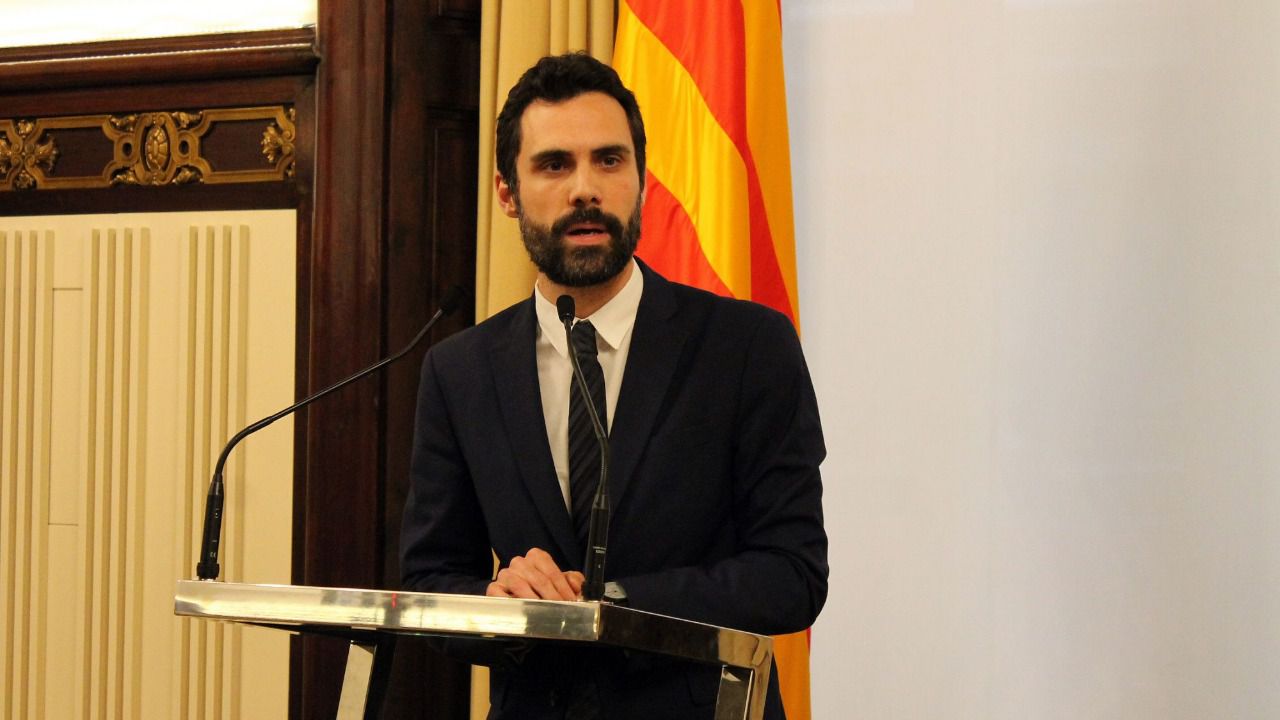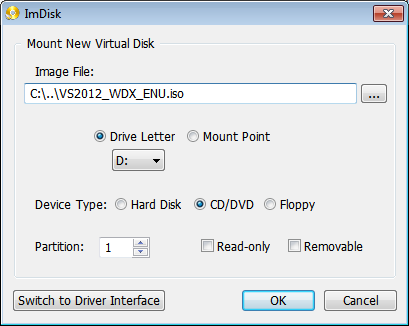

Multinomial logistic regression results show that judges favor evidence from natural scientists compared with social scientists, even after adjusting for other differences among experts, judges, and court cases. To test this idea, the authors examine judicial decisions about contested expert evidence in U.S. The authors review sociological research on the cultural boundaries of science and expertise, which suggests that scientific disciplines are heuristics nonspecialists use to evaluate experts’ credibility. The authors examine how people interpret expert claims when they do not share experts’ technical understanding. Our results have implications for the Justice’s use of strategic behavior and the potential constraints faced by the Court in its decision-making. Fourth, cases with more news media attention produce opinions with a greater share of cognitive mechanisms included in them. Third, cases with more news media attention produce a higher number of draft opinions before being published. Second, cases with greater media attention are more likely to be reargued. First, cases with more news media attention take longer to produce a published opinion. We find support for our hypothesis in four contexts.

Considering this, along with the Supreme Court’s use of strategic presentation, we argue that news media attention to particular cases will influence the extent to which the Supreme Court deliberates on argued cases. Thus, for the Supreme Court, the news media’s role as a “watchdog” takes greater meaning than it does for institutions that often speak directly to the public. Being that the Supreme Court rarely interacts directly with the public, the news media is the primary mechanism through which individuals become aware of the Supreme Court’s actions and decisions. The news media acts as a “watchdog” over political institutions by holding them accountable for their actions through critical commentary. These various changes in commercial stemmed from Justices changing their mind when presented with new policy frames by these interest groups. The architect of this inflection in commercial speech precedent is the Federalist Society, an organization dedicated to conservative and libertarian legal reforms. Beginning with tobacco litigation in the early 2000s, commercial speech has since taken a more overtly pro-corporate “speaker-rights” direction. I find that early commercial speech doctrine was shaped in a “listener-rights” direction by repeat litigation from the consumer advocacy group Public Citizen.

I trace the trajectory of the Supreme Court’s “commercial speech” doctrine to induce this preliminary hypothesis of ideational interest group influence. In this paper, I argue an initial hypothesis that interest groups can substantively alter the precedential direction of the Supreme Court by leveraging elite litigants to establish a mutually constitutive ideational relationship with the Justices. The little scholarship on this topic views interest groups as mere material vehicles to advance the already established legal views of Justices. The ability of interest groups to use case sponsorship to influence the direction of the American Supreme Court’s jurisprudence has been recognized as one of the largest theoretical gaps in the judicial politics literature.
#JUDICIAL CONSENT TORRENT TORRENT PROFESSIONAL#
as well as in many other countries, this paper considers possible ways to deal with pro-prosecution bias and the potential importance of diversifying judges’ professional backgrounds. As the vast majority of judges are former prosecutors in the U.S. These include: 1) professional and self-selection into the judiciary 2) prosecutorial socialization and attitudes that can shape a prosecutorial mindset and 3) the effects of common unconscious biases, confirmation bias and role induced bias, that may shape judicial behavior through formed beliefs and approaches stemming from the prosecutorial mindset and selection into the judiciary. Drawing from prior models of sources of bias in legal contexts and existing literature on judges, this paper discusses and models potential sources of pro-prosecution bias in judges with prosecutorial backgrounds. Although judges may be well intended when taking an oath to be impartial when they reach the bench, psychological and legal literature suggests that their legal approaches, behavior, and decision-making processes are subconsciously impacted by biases stemming from and influenced by their attitudes, ideology, backgrounds, and previous experiences.


 0 kommentar(er)
0 kommentar(er)
